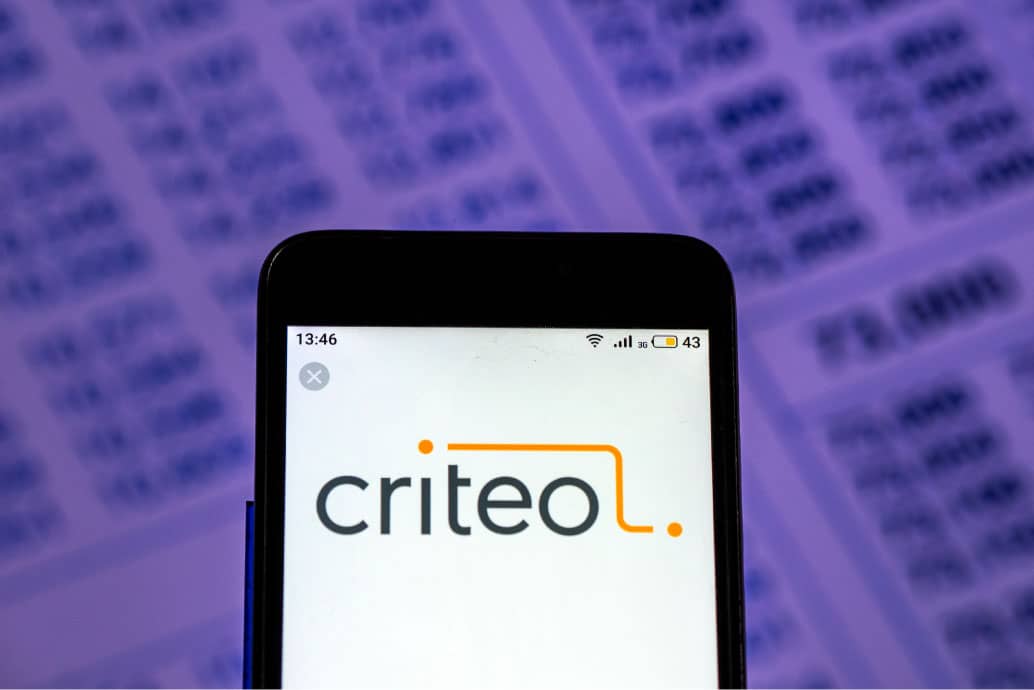Delend, a Brazilian fintech that operates in the credit journey for Small and Medium-sized Enterprises (SMEs), introduces its new Financial Assistant, a Generative Artificial Intelligence tool that promises to revolutionize SME financial management. The solution initially focuses on replacing traditional bank slips with payment initiation via Pix, while using Open Finance to automate cash flow management, credit scoring, and receivables administration. The company decided not to develop a specific mobile app and bet everything on WhatsApp, since almost every Brazilian, whether individual or legal entity, uses the application.
A solution to the financial challenge of SMEs
The Brazilian SME market faces a critical problem: only 29% of these companies' credit demand is met by financial institutions. This results in an estimated credit gap of R$2.5 trillion, an amount that represents 71% of the necessary and unmet credit. The mismatch limits the growth and sustainability of SMEs, which are responsible for 27% of GDP and employ 55% of the country's formal workforce.
Delend aims to directly address this problem by offering an innovative alternative based on Artificial Intelligence (AI) and Open Finance. By simplifying access to credit and automating financial processes, the Financial Assistant enables SMEs to overcome traditional barriers, improve cash flow, and accelerate their growth.
Real-time intelligence for strategic decisions
Delend's solution not only eliminates the complexity of invoices that become duplicates in installment sales with many manual processes but also uses real-time data to provide personalized insights. "Our Financial Assistant is more than a solution; it is a partner based on AI agents that helps SMEs make quick and accurate decisions," explains Fernando Wosniak Steler, CEO of Delend. Based on AI agents and data tools, the Financial Assistant makes simple what is very laborious for those who sell on credit, such as obtaining the Open Finance consent from your client, conducting credit analysis, issuing invoices, and discounting the title for immediate cash generation. You can write, send audio, send photos, or speak in any language, and the Assistant handles it, searches, and returns the result to you.
Innovation aligned with market growth
With the integration of Artificial Intelligence and Open Finance, the Financial Assistant identifies opportunities to reduce costs, optimize operations, and facilitate access to credit. This approach addresses a significant market gap while transforming the way SMEs interact with traditional financial services, such as invoice discounting.
By launching the solution, Delend reinforces its commitment to driving the growth of SMEs and simultaneously contributing to reducing the credit gap, representing one of the greatest innovation opportunities in the Brazilian financial sector.
Initially, the product is being launched by Delend in the customer base of Rede OK, a company acquired by Delend in 2023, but there are already other launches scheduled in partnerships such as the systemwhite label.
A step forward in the financial market
With a history of over R$32 billion in managed receivables and solutions that simplify the lives of tens of thousands of SMEs, Delend leads the digital transformation of the financial sector. The new Financial Assistant positions itself as a central piece in the strategy to bring automation, efficiency, and intelligence to the core of SMEs' financial operations.
The launch marks another step in Delend's mission to empower small and medium-sized entrepreneurs, helping them overcome historical challenges and explore their full potential in the Brazilian market.











